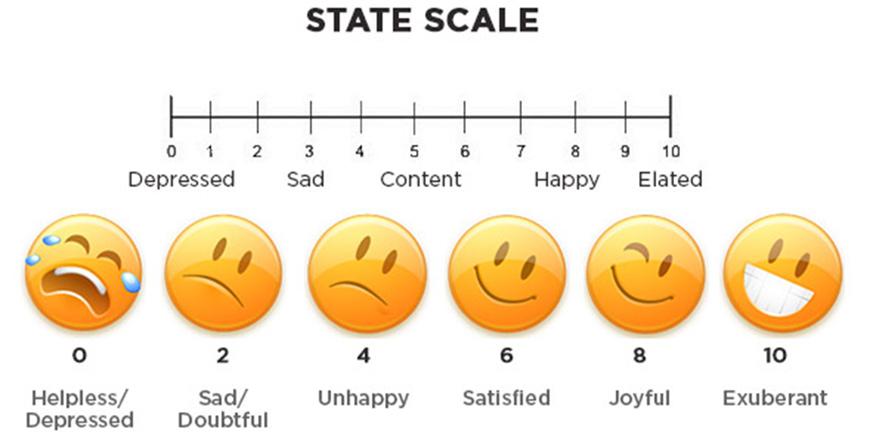You are here
Increasing your happiness level
By Ibrahim Mango , Family Flavours - Jun 03,2019 - Last updated at Jun 03,2019

Photo courtesy of girlsaskguys.com
By Ibrahim Mango
Life Coach and Positive Psychologist
To achieve anything in life (mastering a sport, becoming a better manager, writer, singer, or programmer), one would need to learn and practice. Similarly, to become happier, you would need to practice happiness skills.
We often seek happiness in the wrong places, such as our looks, wealth, promotions at work and fame. Although these things might bring happiness, rewound psychologist and author Dr Dan Gilbert asserts that they bring a little happiness, for a short time. What then contributes a person’s happiness level? While genetics and circumstances play a role, our intentional thoughts and behaviours constitute 40 per cent — that is a not a small portion!
Positive Psychology Interventions
Techniques to boost happiness levels are called Positive Psychology Interventions (PPIs). Psychologists and life coaches often use PPIs to enhance personal qualities and strengths of their clients. Once these PPIs are learned they can be practised alone as scientifically-based self-help exercises. Here are a few examples of PPIs (there are more than a hundred in total):
Best possible self
This exercise requires you to visualise yourself at a time in the future when you have achieved all your goals (possibly at your retirement). Here are the steps for this PPI:
• Set a timer for 15 minutes each day when you can quietly visualise yourself at a future point in time where you have achieved all your goals
• Write down in as much detail as you can what it feels like, what you see and hear (even touch and smell) having reached your goals
• While writing, do not pay much attention to grammar or punctuation; focus on writing all your emotions and thoughts in an expressive way
Gratitude
Gratitude is linked to improved mental and physical health and is a proven antidote to negative emotions, hostility, worry and irritation. Journal writing is a useful way to intentionally reflect on your life and focus on three to five things that you are grateful for. They can be ordinary things (such as you are so lucky to be able to have hot showers in Amman) or magnificent things (such as having advanced medication that helped you recover from a serious disease).
Research shows that for most people, this PPI should be done once a week while with others, it would be more effective to do it daily, or three times a week. You would have to find out which timetable works best for you.
Acts of kindness
Acting kind towards others can be helpful to the recipient, but recent research has revealed that the actor also reaps benefits.
How you can be kind are endless; you just need to have an open mind and look around. Buy the person behind you in the queue a shawarma or give your restaurant server a genuine compliment for his good service. Or volunteer at a local centre that helps refugees or underprivileged youth.
Research has shown that you need to find out precisely how, when and how frequently to use the kindness PPI to get the best results. However, as a rough guide, performing acts of kindness regularly for a longer time and making variation in your acts of kindness increases their effectiveness.
Reprinted with permission from Family Flavours
magazine
Related Articles
Ikigai is a Japanese concept that simply means “reason for being”. Translated roughly into English, it means the “thing that you live for”.
Stress may result from happy occasions like getting married or beginning a new profession, as well as unhappy ones like losing a loved one or running into tough financial issues.
Should I accept the job offer and put my dream project on hold? True, it’s a great opportunity that will open doors for me, but I want to do something else. I want to accomplish a dream I’ve held onto for a long time. I know that the money is good and the comfort that this job will offer me is great.



















